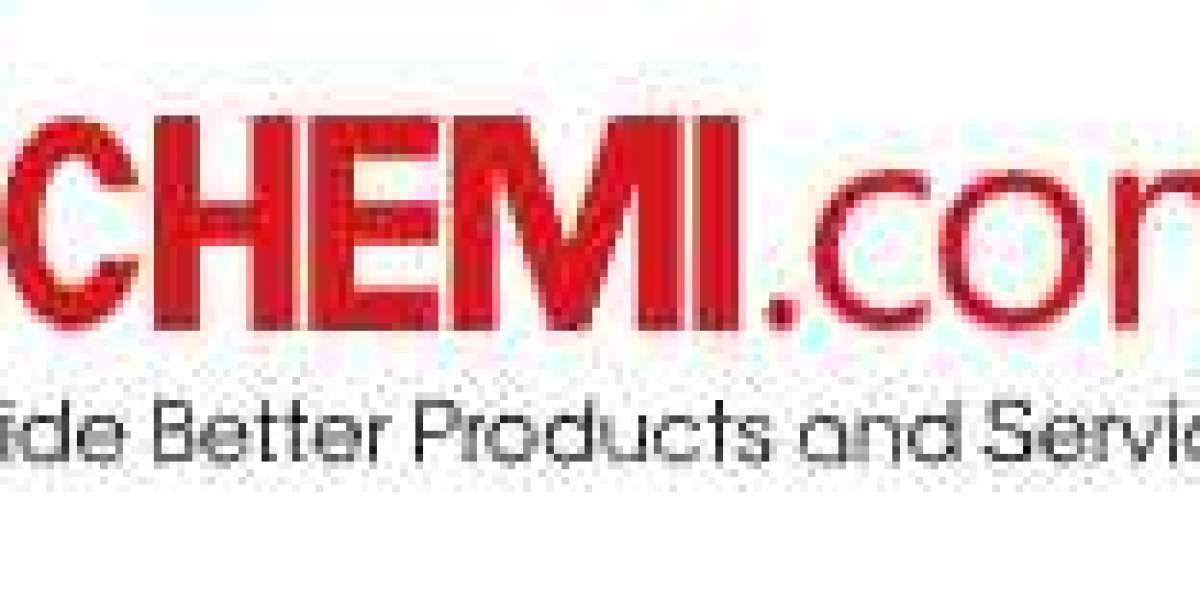Process optimization techniques play a vital role in the chemical industry, helping chemical factories improve efficiency, reduce costs, and enhance overall productivity. These techniques involve the systematic analysis and improvement of various aspects of chemical manufacturing processes to maximize output while minimizing waste and resource consumption.
One commonly used process optimization technique is process simulation and modeling. chemical factories utilize advanced software tools to create virtual models that replicate the behavior of their manufacturing processes. These models allow engineers to analyze different scenarios, identify bottlenecks, and optimize process parameters without the need for physical experimentation. By simulating and optimizing processes before implementation, factories can minimize trial and error, reduce production time, and optimize resource allocation.
Another technique is statistical process control (SPC), which involves monitoring and analyzing process data to identify variations and deviations from desired targets. By continuously collecting and analyzing data, chemical factories can detect abnormalities and take corrective actions promptly. SPC enables real-time monitoring and control of critical process parameters, ensuring consistency and quality in the final product. This technique helps factories identify opportunities for optimization, reduce waste, and improve overall process efficiency.
Furthermore, lean manufacturing principles are widely applied in the chemical industry to optimize processes. Lean techniques focus on eliminating non-value-added activities, reducing waste, and streamlining workflows. Through practices such as value stream mapping, 5S methodology, and just-in-time inventory management, chemical factories can identify and eliminate bottlenecks, reduce inventory levels, and improve process flow. Lean manufacturing not only improves efficiency but also enhances product quality, reduces costs, and increases customer satisfaction.
In addition to these techniques, automation and advanced control systems are employed to optimize chemical manufacturing processes. Automation technologies such as robotics, programmable logic controllers (PLCs), and distributed control systems (DCS) enable precise control and monitoring of process variables. By automating repetitive tasks and implementing closed-loop control systems, chemical factories can achieve higher accuracy, reduce human errors, and optimize process performance. Advanced control algorithms, such as model predictive control (MPC), are also utilized to optimize complex processes and improve production efficiency.
Process optimization techniques in chemical factories extend beyond individual processes and encompass supply chain optimization as well. Factories strive to optimize the entire value chain, from raw material sourcing to product distribution. This involves optimizing production schedules, transportation routes, and inventory management systems to minimize costs, reduce lead times, and improve overall supply chain efficiency.
In conclusion, process optimization techniques are essential for chemical factories to improve efficiency, reduce costs, and enhance productivity. Through process simulation and modeling, statistical process control, lean manufacturing principles, automation, and supply chain optimization, factories can identify and eliminate inefficiencies, reduce waste, and optimize resource utilization. By continuously improving their processes, chemical factories can stay competitive, meet customer demands, and contribute to sustainable manufacturing practices.





